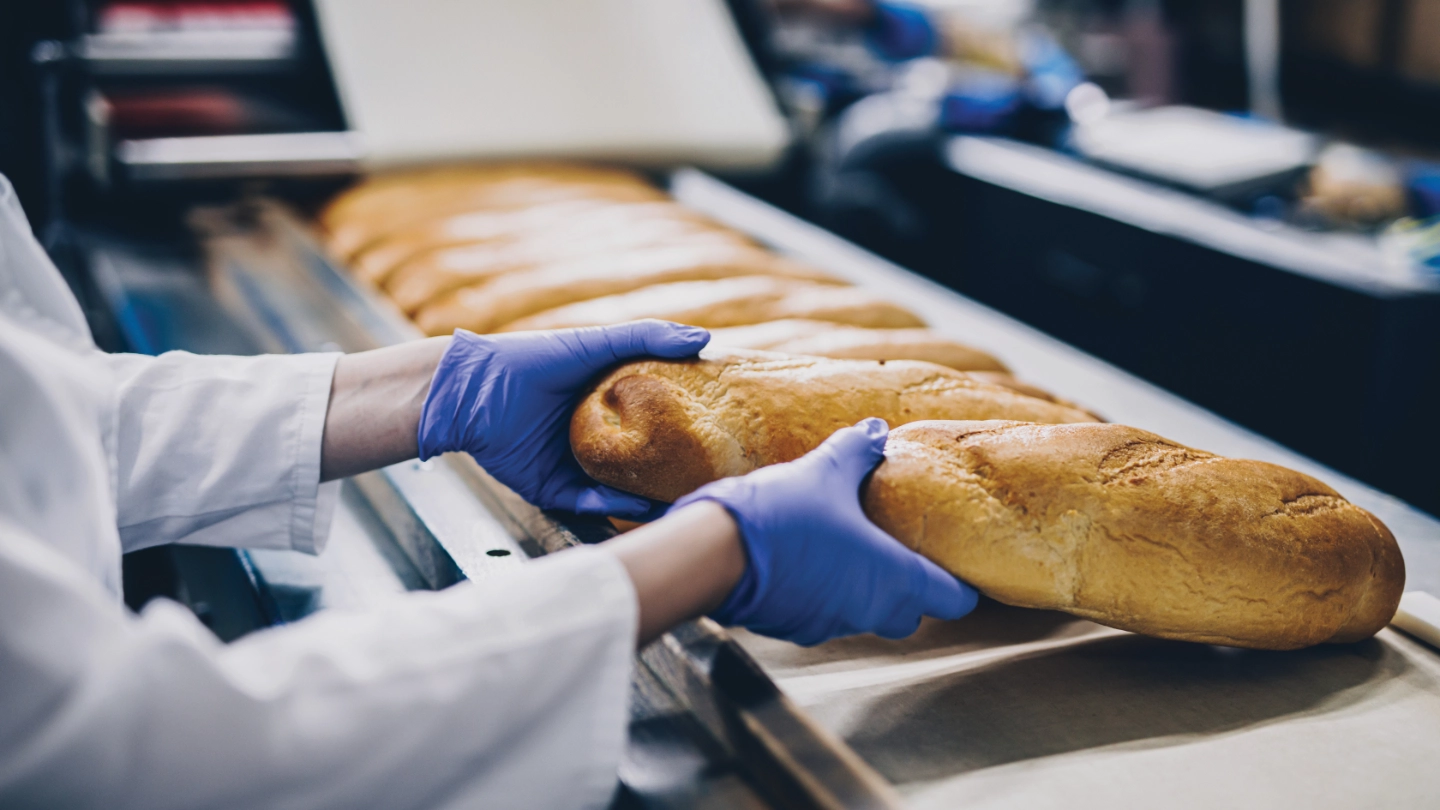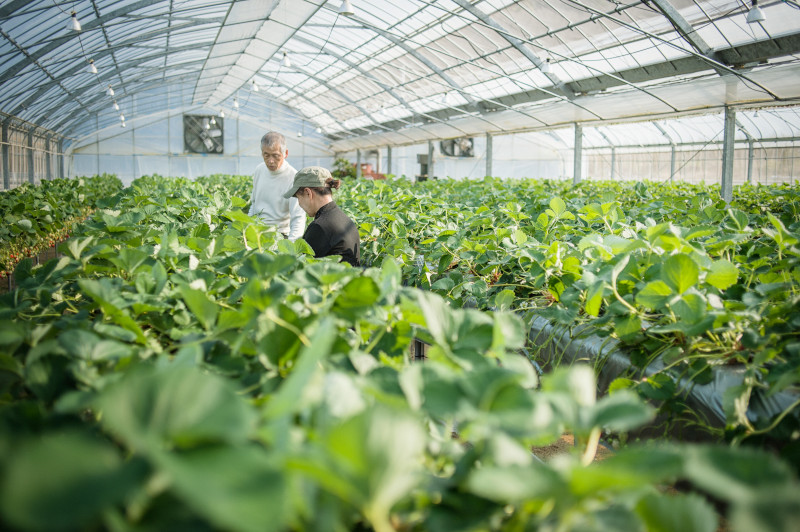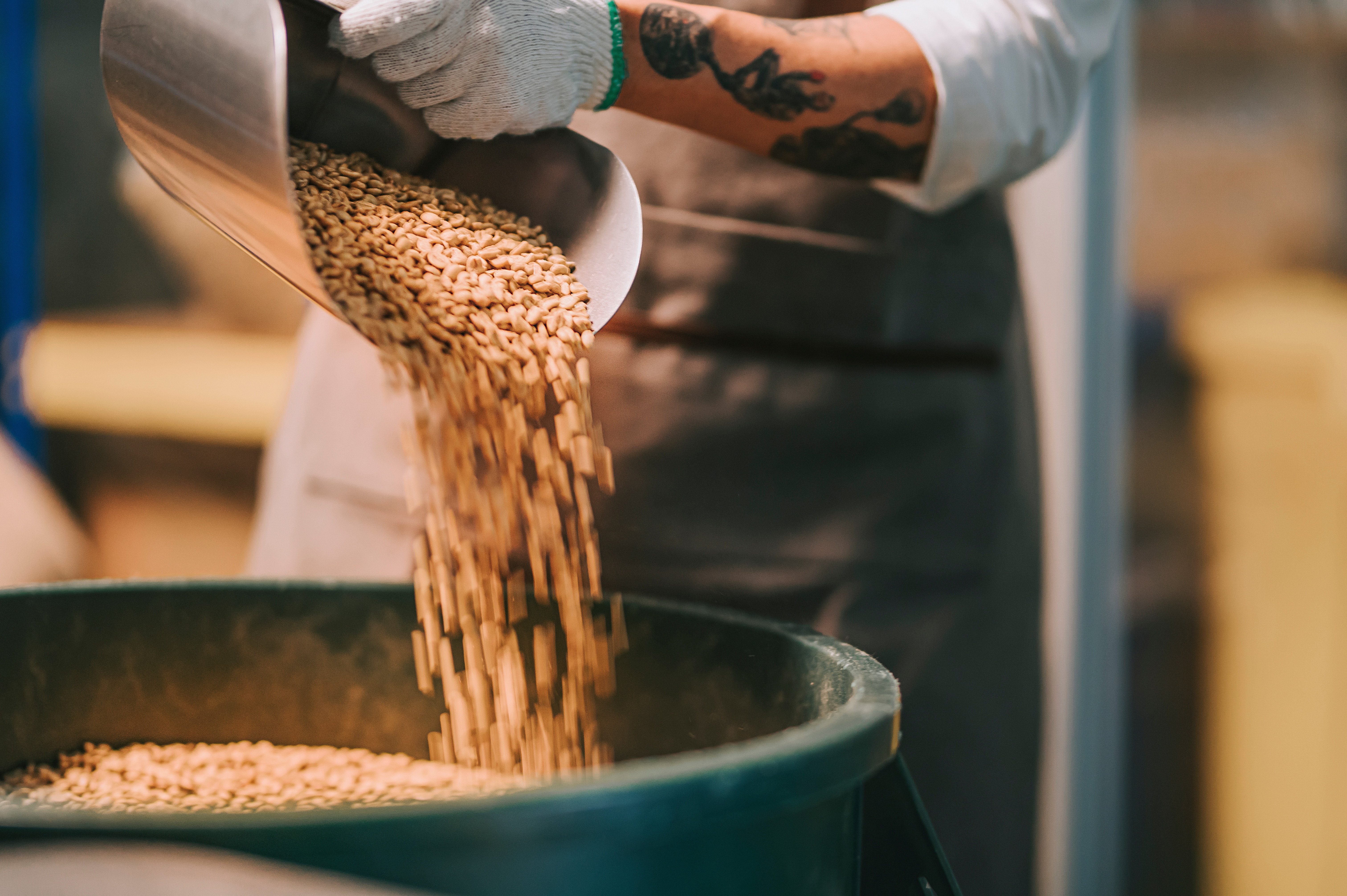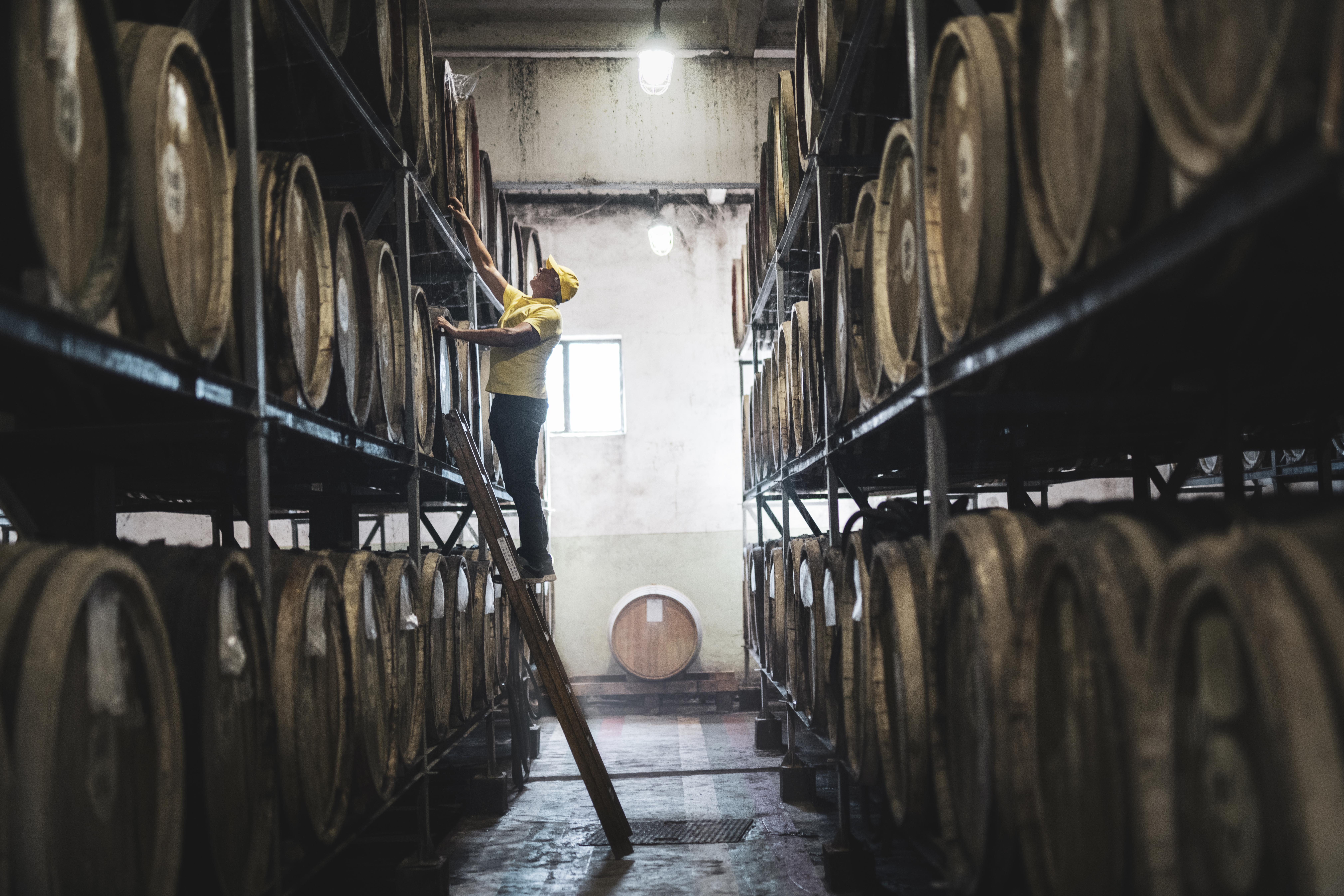
Food and drink businesses await the Autumn Budget with apprehension. The pressure has been mounting on the sector since the 2024 Budget, when we saw the hike in National Insurance contributions and the national living wage.
In this article, I’ll outline some of the measures that would really help the sector when Chancellor Rachel Reeves delivers her second Budget on 26th November.
But first, let’s take stock of how food and drink - the UK’s largest manufacturing sector, let’s not forget - is faring, and the challenges businesses face.
Resilience amid growing pressures
The UK food and drink sector has shown resilience amid global macroeconomic shocks. But more recently, challenges closer to home have taken their toll.
Overall confidence in the sector is low - partly in reaction to the additional cost burden brought about by last year’s Budget.
In a recent survey from the Food and Drink Federation, about 84% of manufacturers said that the ongoing impact of recent government policies was one of their main concerns for the coming year. Two-fifths (41%) were expecting to lay off staff in the coming year.

Production costs are high, especially for food manufacturers. They rose 6.3% in the 12 months to June 2025, while selling prices increased by just 4.4%. The sector already operates on tight margins, and that adds even more pressure.
Companies are still contending with inflationary pressures, especially on ingredients such as meat, grains, dairy, oil, and on packaging materials. They have little manoeuvring room to pass those costs to supermarkets or consumers, especially when people are still feeling cash-strapped.
In addition, export and import challenges have persisted since Brexit. Increased customs checks and regulatory requirements have made it more difficult and time-consuming to move goods across EU borders. These delays not only disrupt supply chains but also place additional pressure on cash flow.

The UK government has committed to a Sanitary and Phytosanitary agreement with the EU, in a bid to minimise friction and eliminate many border checks. However, this is not expected to be agreed upon or implemented until 2027 at the earliest.
Another big challenge is labour. This is a sector that employs around half a million people. But a shortage of skilled people joining the sector adds to the pressure on food companies.
What the sector needs from the Budget
Nerves are high ahead of the November Budget. These fears centre on the risk of new measures that push costs even higher.
Food and drink SMEs and manufacturers need quite the opposite: relief from rising costs. They need sustained relief from business rates, support with energy costs and targeted tax incentives.
An investment incentive would also be welcome. Despite low business confidence, many manufacturers are still planning to maintain or increase investment. But high interest rates and general economic uncertainty cast doubt over big capital projects.

Short-term support for exporting with the EU would also help, given there is a long wait until 2027 when the Sanitary and Phytosanitary agreement with the EU comes into force.
Help with workforce challenges is also needed. The vacancy rate in the food and drink sector is 4.2%, about 2% higher than the nationwide average. Funding for training and apprenticeships, immigration reform to ease access to skilled labour and greater support for automation and digital advancement would all help.

There’s also scope for the Budget to ease pressure through VAT and tax measures. The hospitality sector is lobbying for reduced or stabilised VAT to boost customer spending, so any targeted reduction would provide a boost to growth as well.
This feels like an ambitious wish list. But the benefits to the sector would be huge. For a sector adding £37 billion to the UK economy (as measured by GVA), the stakes couldn’t be higher. With the right support, food and drink manufacturers can continue to drive innovation, exports and ultimately prosperity across the country.
Want to learn more?



































